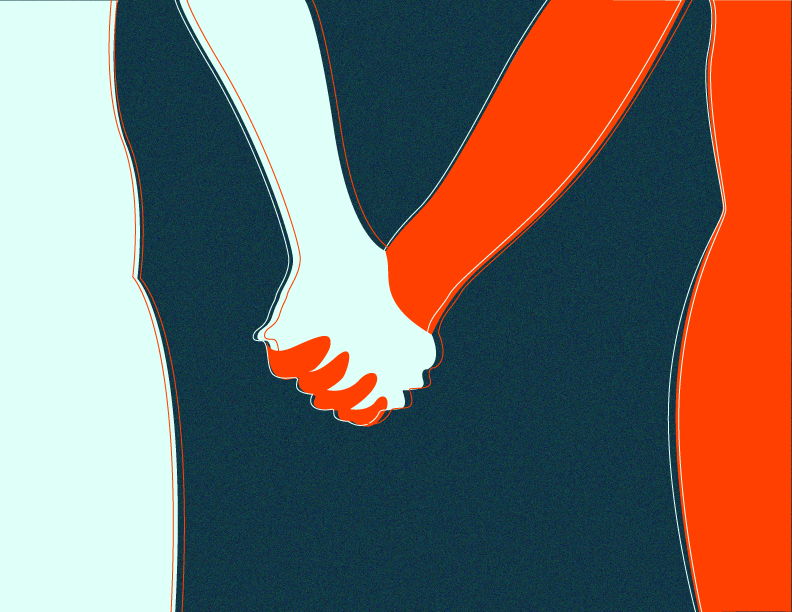
Mary Allen
(Design by Mary Allen | The Daily Utah Chronicle)
“I think climate change is the biggest issue of our generation, and I think it’s important to have a community of people that you can talk to,” said Lauren Isom, an environmental and sustainability studies major at the U.
Isom was referring to Good Grief Circles hosted on campus, a peer-support group for students struggling with the psychological impact of climate change. The group is a part of the Good Grief Network, a nonprofit that has developed a ten-step program to help people cope with climate anxiety. Each group session deals with one of the steps.
The American Psychological Association states that eco-anxiety, or climate anxiety, is when concerns about the climate and the future lead to “fear, anger, feelings of powerlessness, exhaustion, stress and sadness.”
In a survey from 2020, the APA also found that two-thirds of Americans experience at least some climate anxiety. Young adults are disproportionately affected—47% of adults aged 18-34 said stress about climate change impacts their daily life.
“I think it’s so easy to … distract yourself with other things,” Isom said. “And so this group kind of makes you face it but in a very gentle and loving way.”
Jennifer Follstad Shah, a faculty member in environmental and sustainability studies who helps facilitate the Good Grief Circles, said the group is good for students to have “a regular outlet.”
“What folks have been saying is that it helps to find that there is a community of individuals who are having similar experiences,” Shah said. “And that’s because there’s limited opportunity to talk about climate change in regards to how it affects one’s mental state and emotions.”
Shah, also an associate professor in the geography department, added that the sessions start with each person introducing themselves, a grounding exercise and a short reading about the theme for the day’s session. The only rule is there is no cross-talk.
“No cross-talk basically means you can’t really refer to someone specifically in your share,” said sociology major Emma Kristine Miller. “Even though a lot of people will kind of build off what each other is saying or acknowledge that there are similarities between what’s going on, it’s supposed to be centered as ‘this is my experience’ … not assuming that anyone else is having the exact same experience as you.”
She added that the group is a great place to find people with similar experiences and concerns.
“I want people to know that they’re not alone …” she said. “There is so much possibility for positive change, and it is so much more accessible than we’re led to believe.”
While the Good Grief Circles give students a space to share difficult emotions, Miller said that it’s not all doom and gloom.
“Some really beautiful and positive things that people have to share and have to say that are very inspiring,” Miller said. “So it’s definitely not just about dumping whatever feelings we’ve had throughout the day, throughout the week. It’s also a space of acknowledging all of the feelings that go along with it, and for me, that really helps me push forward in doing this work because it’s so important to me.”
The Good Grief Circles are held bi-monthly in the Gardner Commons from 3 p.m. to 4:30 p.m. The last session for the fall semester happens on Dec. 5. The schedule for the spring semester has yet to be released.
g.radtke@dailyutahchronicle.com
@GiovanniRadtke
